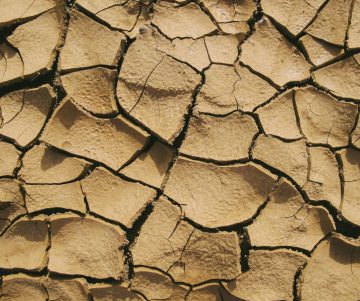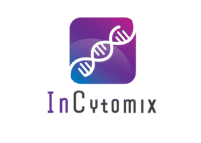Agriculture
InCytomix is a front-runner in the field of microbial genomics, offering in-depth analysis of soil microorganisms to the agricultural sector. Our advanced next-generation sequencing capabilities enable us to thoroughly examine and decode the complex ecosystems within your soil. Every soil sample teems with microscopic life, each entity playing a role in maintaining soil health and promoting crop growth.
InCytomix's services extend beyond providing data. Our knowledge of beneficial soil microorganisms allows us to help clients implement natural alternatives such as biofertilizers and biopesticides. At InCytomix, our objective is to use our expertise in microbial genomics to help clients improve soil health, increase crop yield, and boost profitability, all while fostering environmentally friendly farming practices.

Soil Health Assessment
Soil microbial communities are vital for the fertility of the soil and the health of the crops. Genomic sequencing technologies can help in characterizing these communities, understanding their functions, and identifying any changes in their composition that may indicate soil health problems. Whole-genome sequencing can provide detailed insights into individual microbes' abilities to promote plant growth or cause disease.

Biofertilizers and Biopesticides
Genomic sequencing can help identify beneficial microbes in the soil that can act as biofertilizers (enhancing plant nutrition) or biopesticides (combating plant pathogens). They can also aid in optimizing the composition of microbial consortia used in biofertilizers and biopesticides to increase their efficacy.

Plant-Microbe interactions
Microbes not only inhabit the soil but also the surfaces and interior of plants. They play a crucial role in plant health, growth, and resistance to stress and disease. Studying these plant-associated microbial communities and the genomes of key microbes can lead to strategies to enhance beneficial plant-microbe interactions.

Climate change mitigation
Certain soil microbes play significant roles in global carbon and nitrogen cycles, influencing greenhouse gas emissions from soils. Microbial genomics can help quantify these microbes and their activities, leading to strategies to reduce soil-based emissions.

Microbial assisted plant breeding
By understanding the genome of disease-causing microbes, scientists can identify the specific gene sequences responsible for causing disease in plants. This information can then be used to breed disease-resistant varieties, leading to increased crop yield and reducing reliance on chemical pesticides.

A BlueSky Laboratories Company
